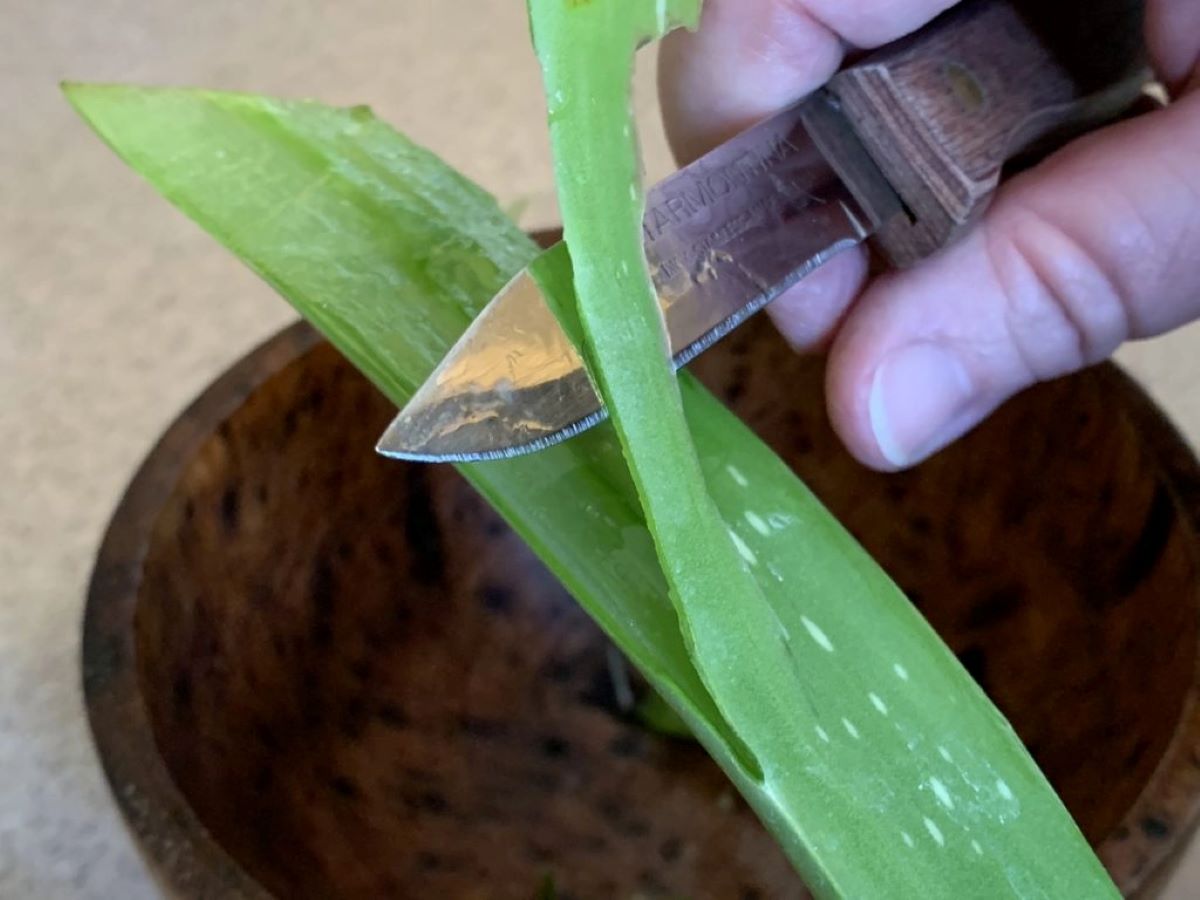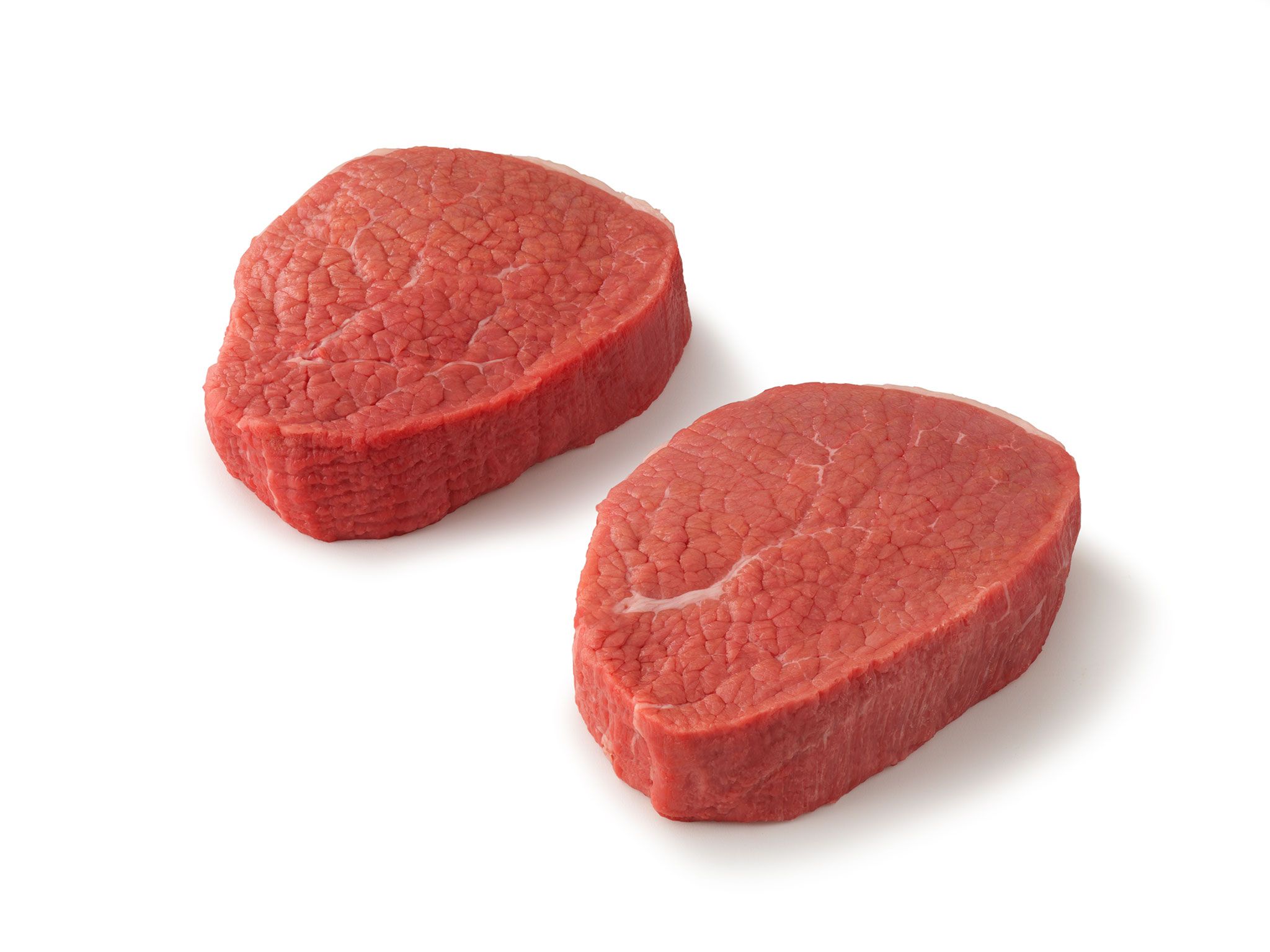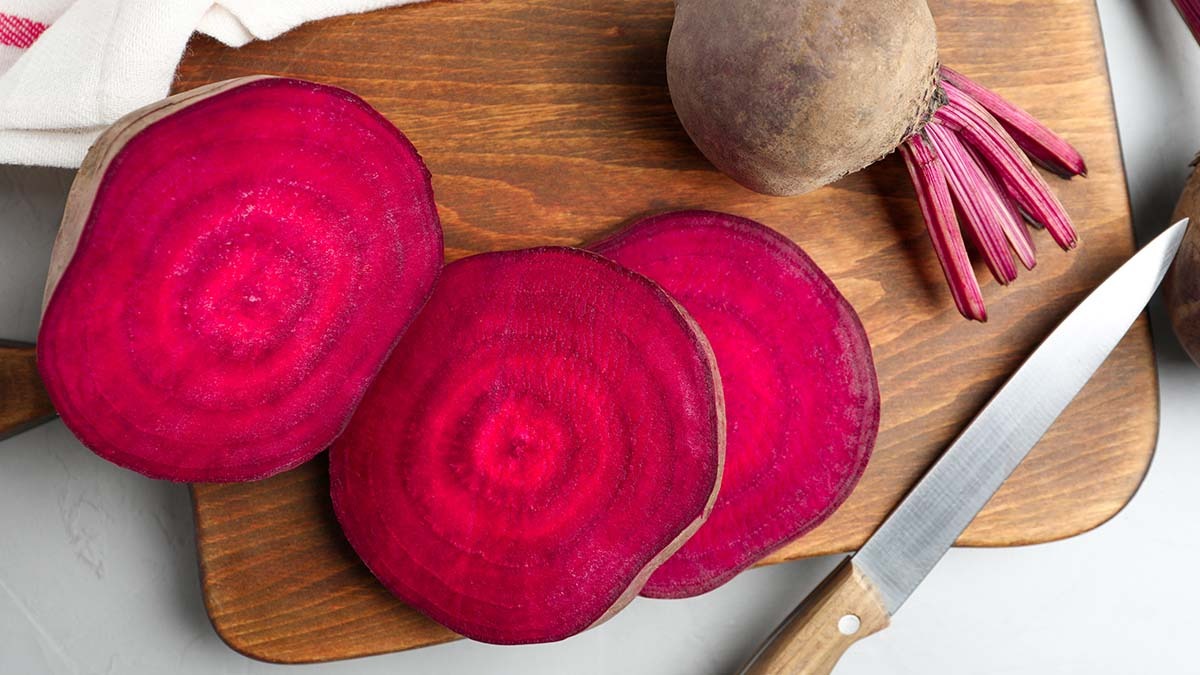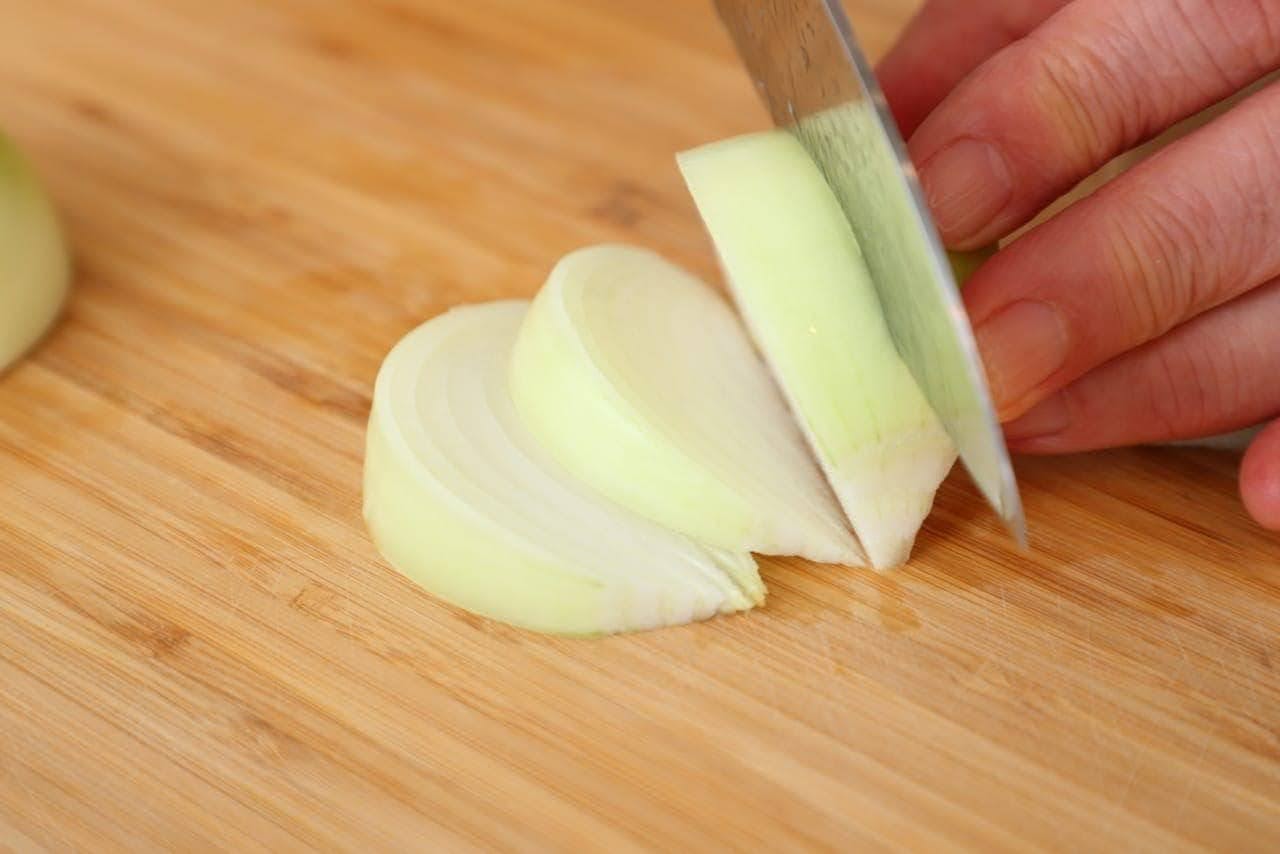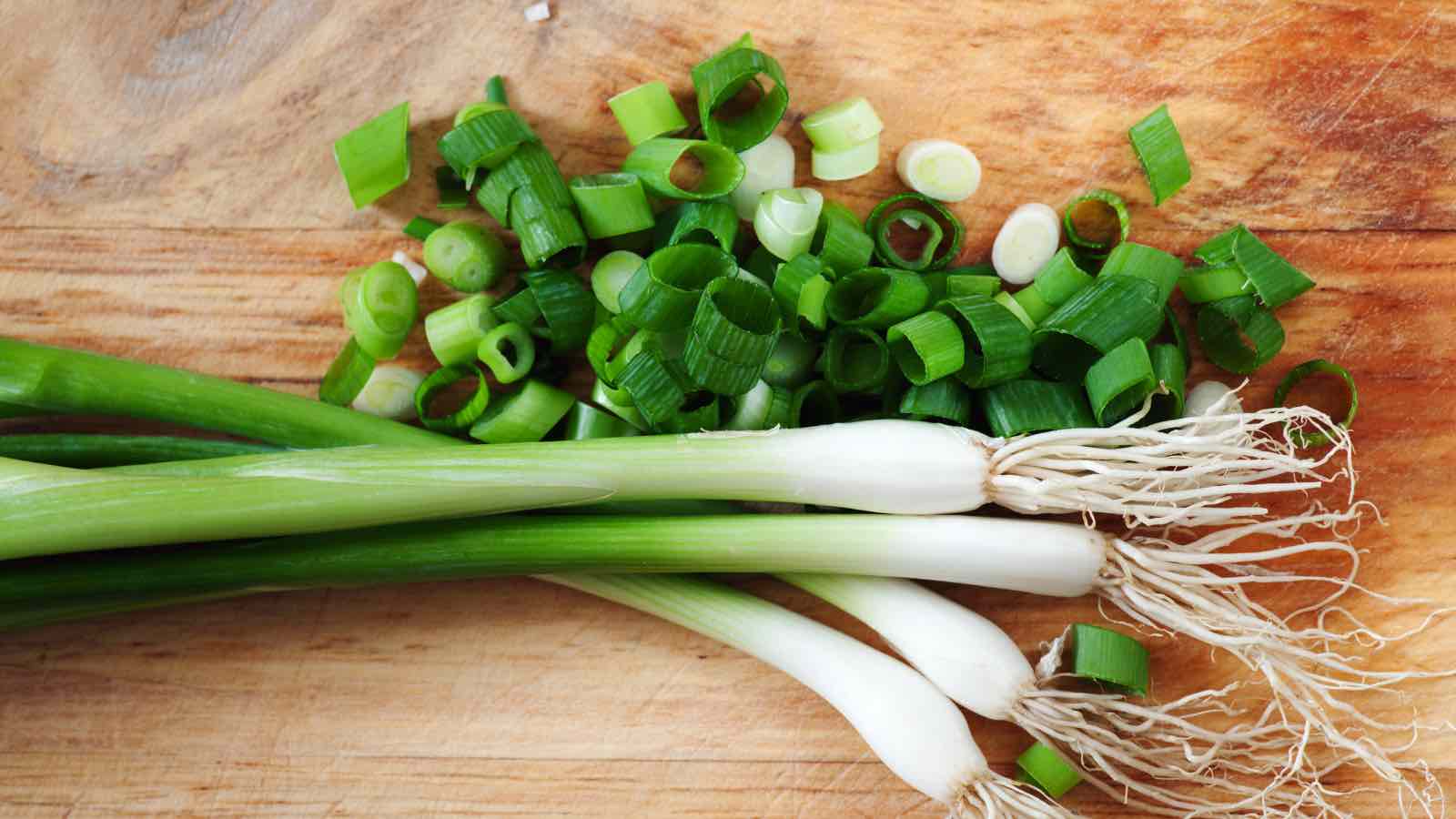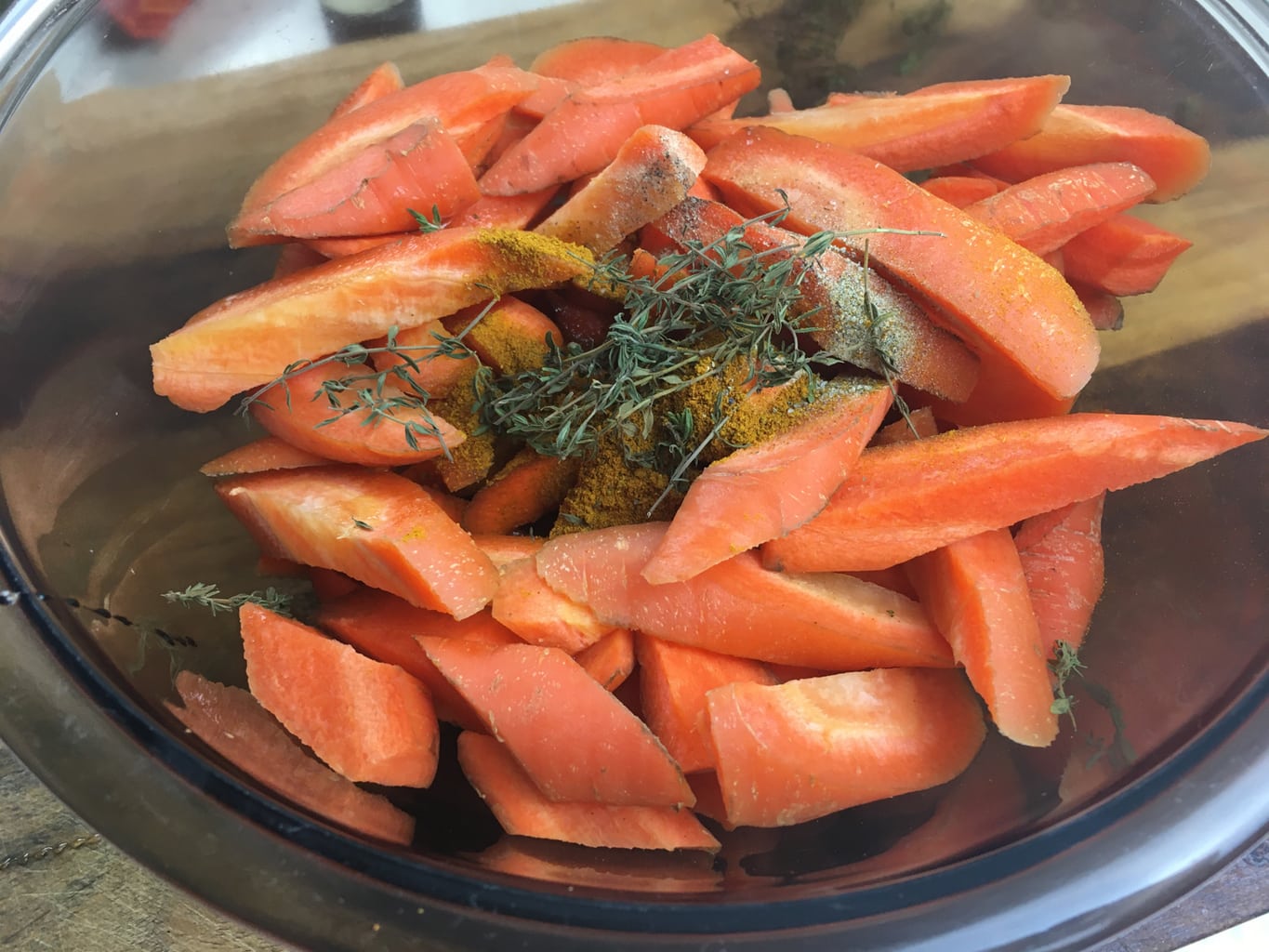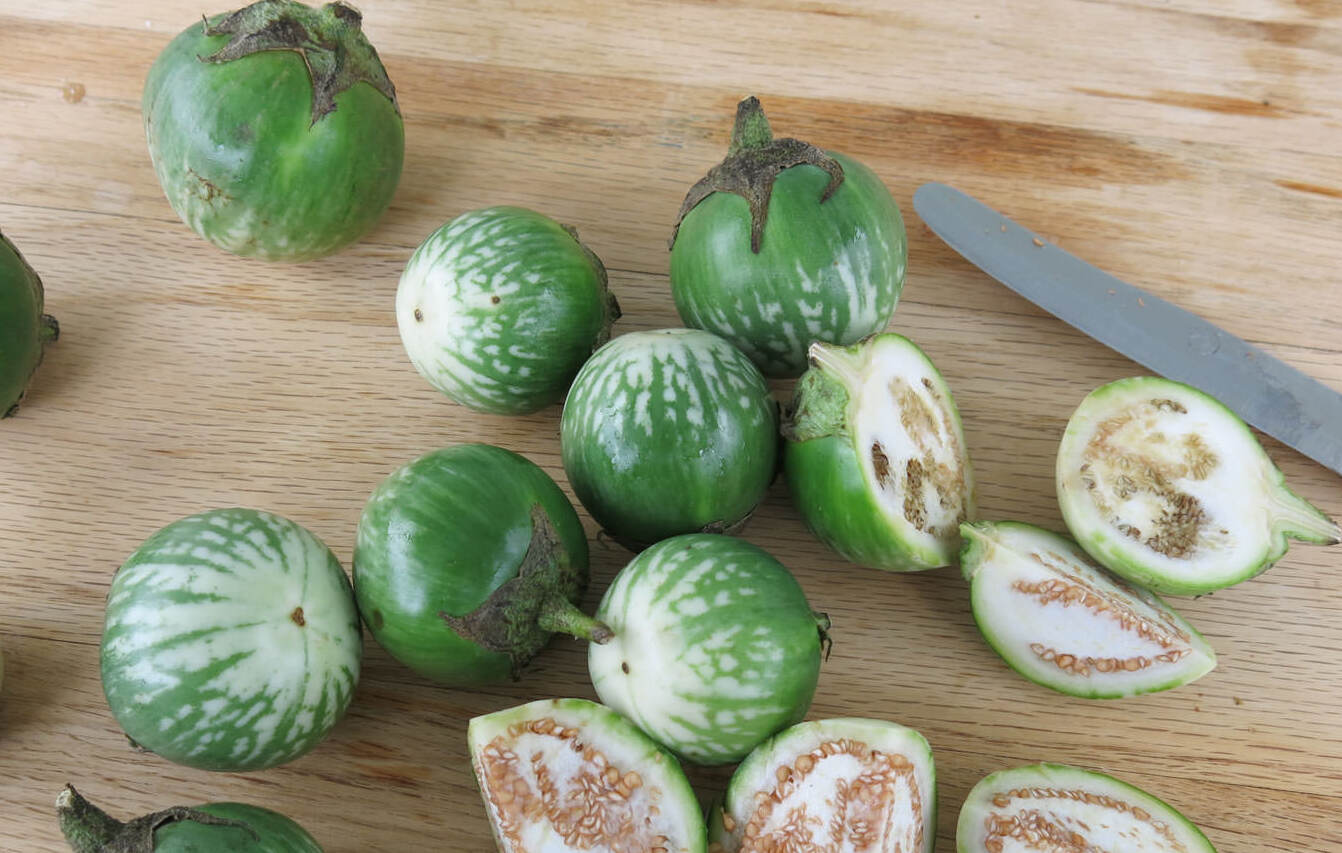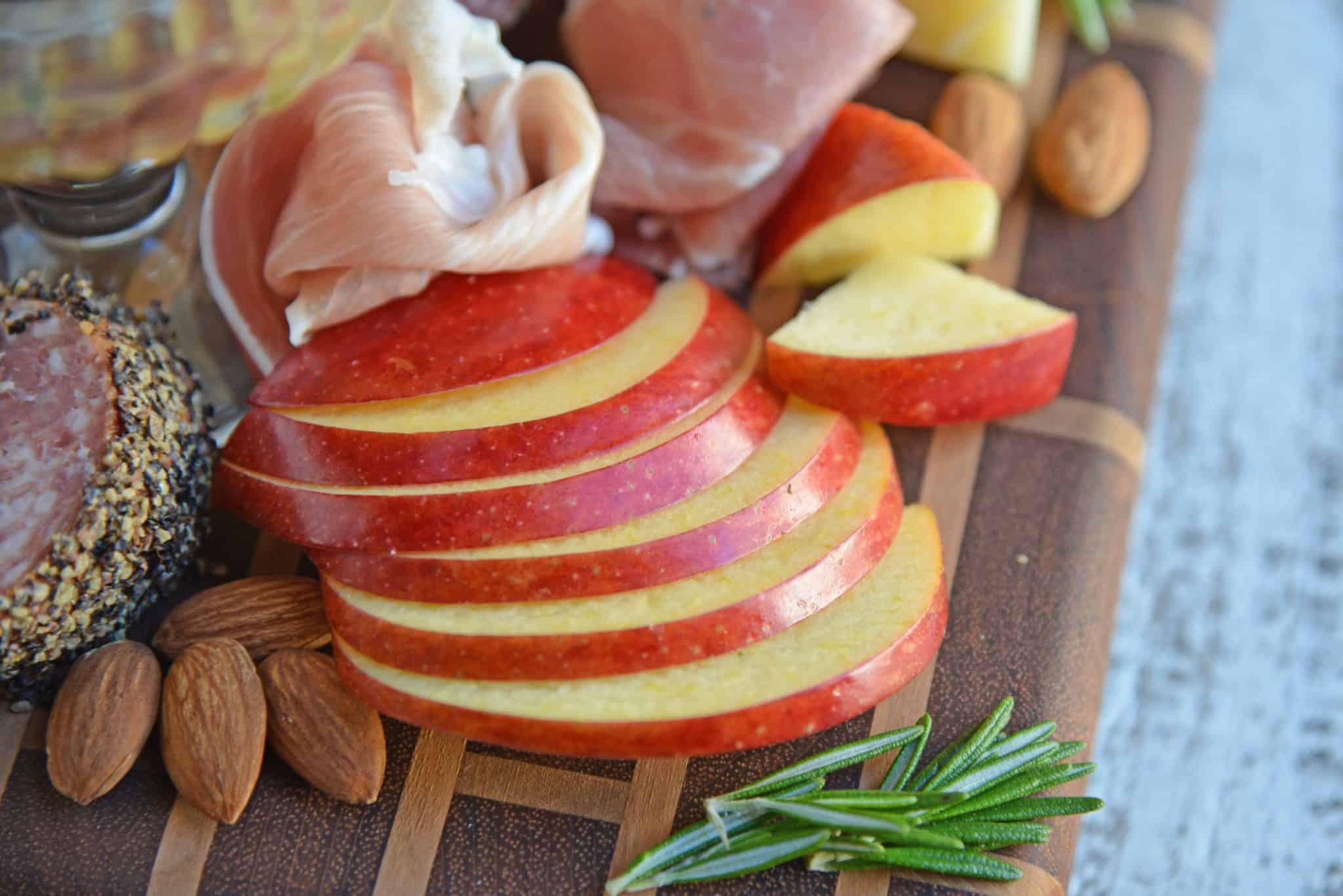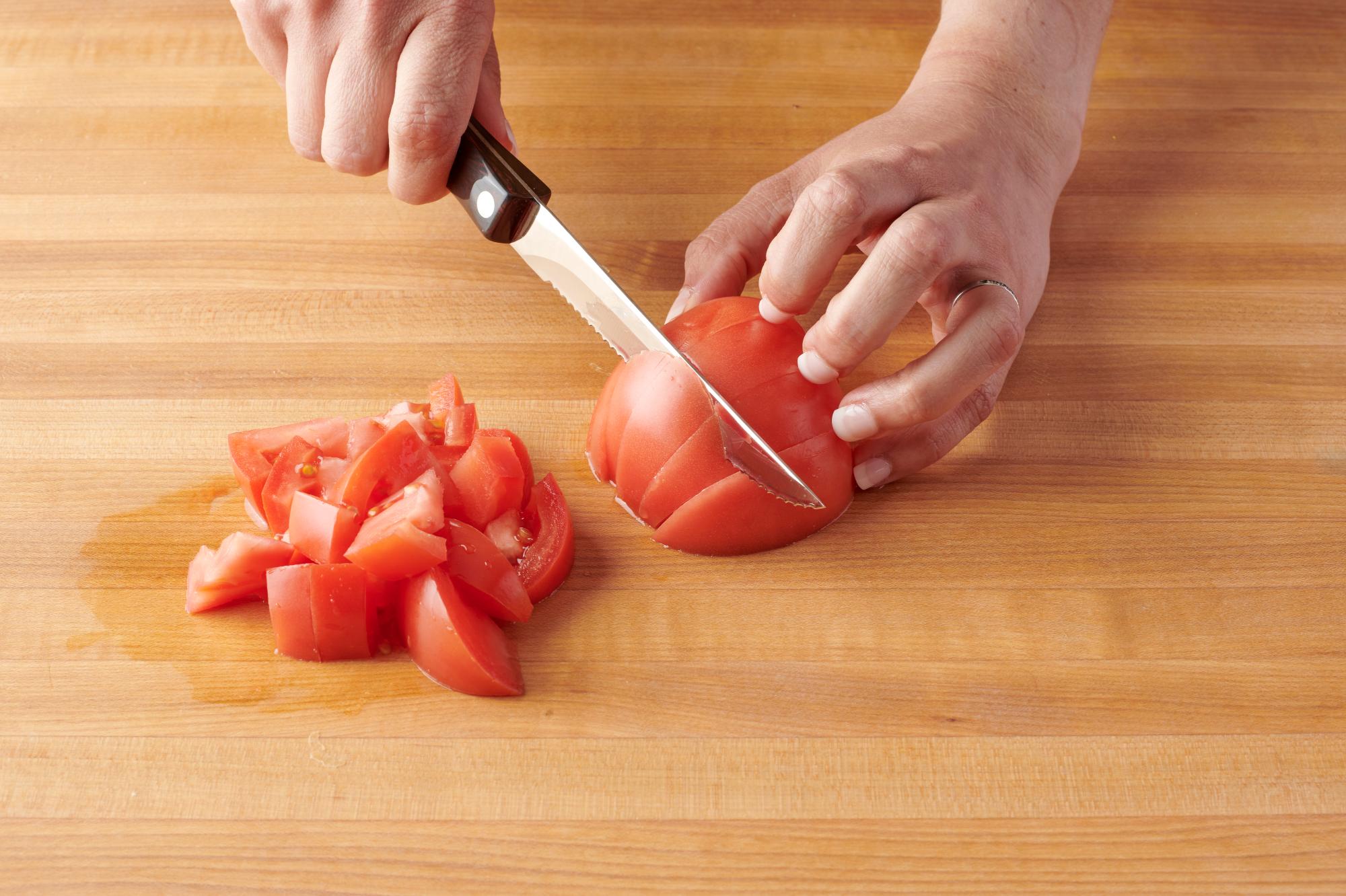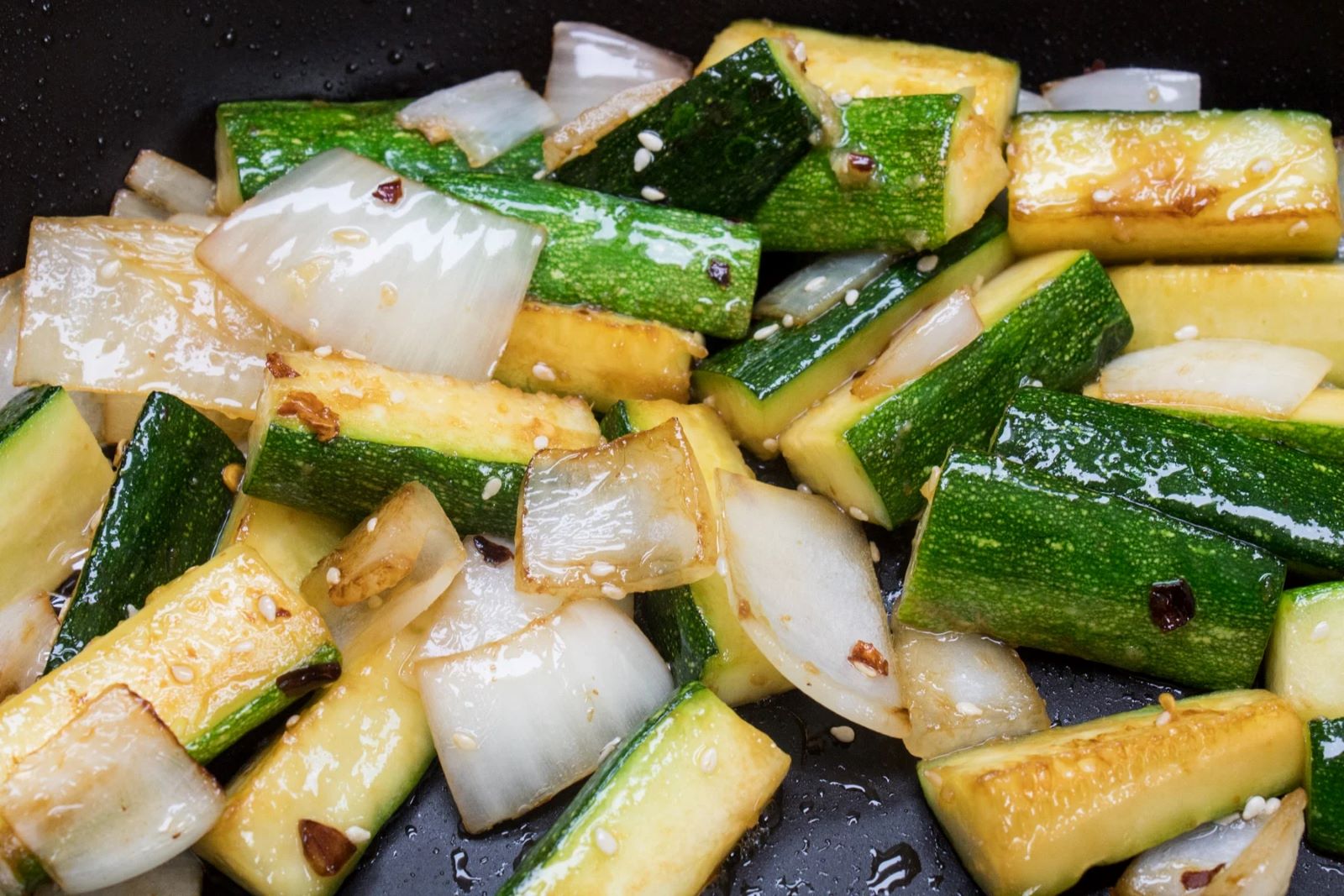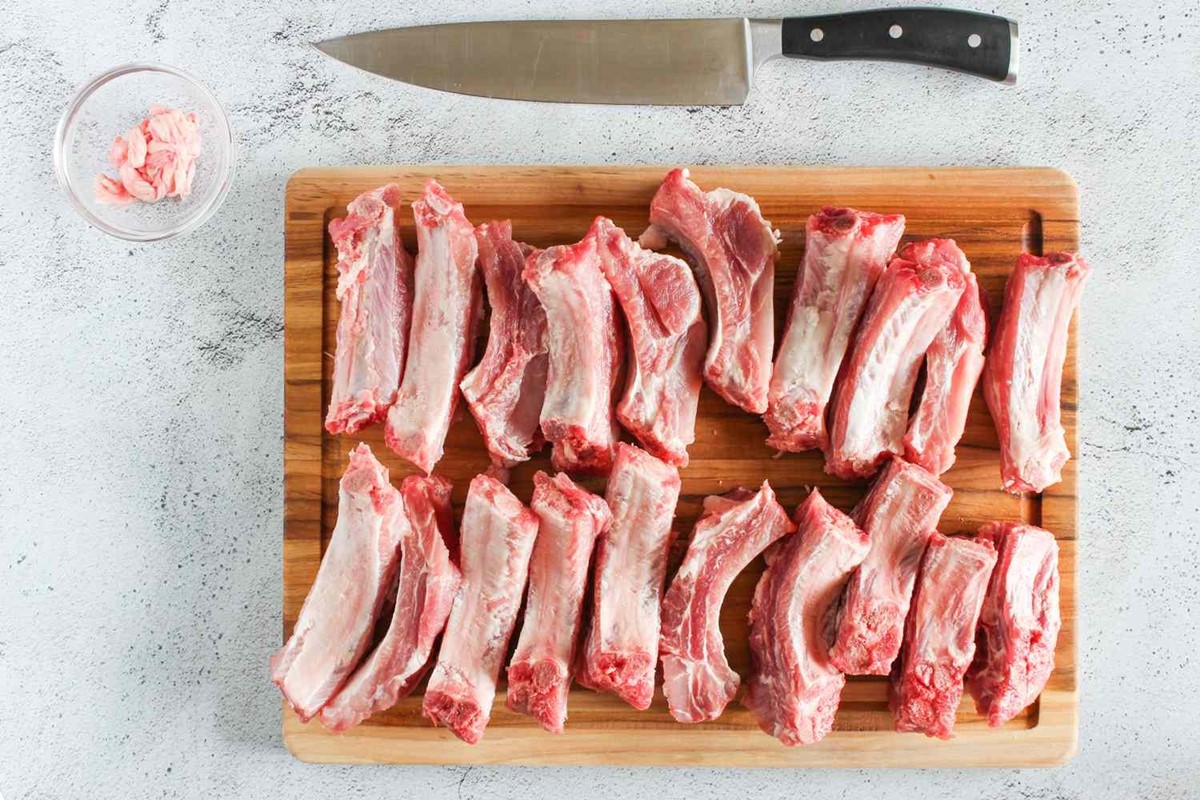How To Cut Acidity In Pasta Sauce
Acidity can sometimes overpower the flavors in a delicious pasta sauce, causing an unpleasant tanginess that can ruin an otherwise perfect dish. However, fear not! There are several simple and effective ways to cut acidity in your pasta sauce, allowing you to enjoy a well-balanced and mouthwatering meal. Whether you’re cooking for yourself, your family, or hosting a dinner party, these tips will help you achieve the perfect pasta sauce every time.
1. Add a Sweetener
One of the most effective ways to balance out acidity in pasta sauce is by adding a sweetener. This can be done using a variety of options, such as:
- Sugar: A teaspoon or two of sugar can help neutralize the acidic taste.
- Honey: The natural sweetness of honey can work wonders in reducing acidity.
- Balsamic glaze: Drizzling a small amount of balsamic glaze can add a touch of sweetness while enhancing the overall flavor.
2. Use Dairy
Dairy products can also help in reducing acidity and adding a creamy texture to your pasta sauce. Consider incorporating one of the following:
- Cream: Pour in some heavy cream or half-and-half to smooth out the acidity and create a velvety sauce.
- Butter: Adding a pat of butter can help mellow down the acidic taste, giving your sauce a silky finish.
- Cheese: Grated Parmesan or a similar hard cheese can provide a rich and creamy element while balancing the acidity.
3. Add Vegetables
Another way to reduce acidity in your pasta sauce is by incorporating certain vegetables. These vegetables will not only help cut the tanginess but also add depth and complexity to the flavor profile:
- Carrots: Chop a carrot or two and let them simmer in the sauce. The natural sweetness of carrots will help neutralize the acidity.
- Onions: Sautéed onions can add a slightly sweet and savory taste, balancing out any sharp acidity.
- Roasted pepper: Puree some roasted peppers and stir them into the sauce for a smoky-sweet flavor that counters acidity.
4. Use Baking Soda
In extreme cases where the acidity is overpowering, a pinch of baking soda can come to the rescue. However, exercise caution as using too much can strip away all the flavors from your sauce. Start with a small amount and add more if needed.
5. Simmer and Reduce
Allowing your pasta sauce to simmer for an extended period can help mellow down acidity. This helps the flavors meld together, resulting in a well-balanced and delicious sauce. Additionally, reducing the sauce by cooking it for a longer time will naturally decrease the acidity.
So there you have it, a variety of techniques to cut acidity in your pasta sauce. Experiment with these methods and find the one that suits your taste preferences the best. A well-balanced sauce will not only enhance the flavor of your pasta but also showcase your culinary skills. Bon appétit!
Explore More: Delicious Recipes and Creative Uses for Your Enhanced Pasta Sauce
Now that you've mastered the art of cutting acidity in pasta sauces, it's time to put that knowledge to the test with a variety of delectable recipes. From the Creamy Tomato Basil Pasta Sauce to the Sweet and Creamy Tomato Soup, each recipe offers a unique way to apply the skills you've learned. We particularly recommend trying the Rich Alfredo Tomato Sauce for its smooth, creamy texture that beautifully balances the tomato's natural acidity. The Honey Glazed Spaghetti Bolognese is another must-try, as the honey's subtle sweetness perfectly complements the savory meat, providing an excellent example of how sweetness can counteract acidity. Each recipe is designed not only to enhance your cooking experience but also to inspire your culinary creativity.
Was this page helpful?
Read Next: How To Cut Frozen Fish
